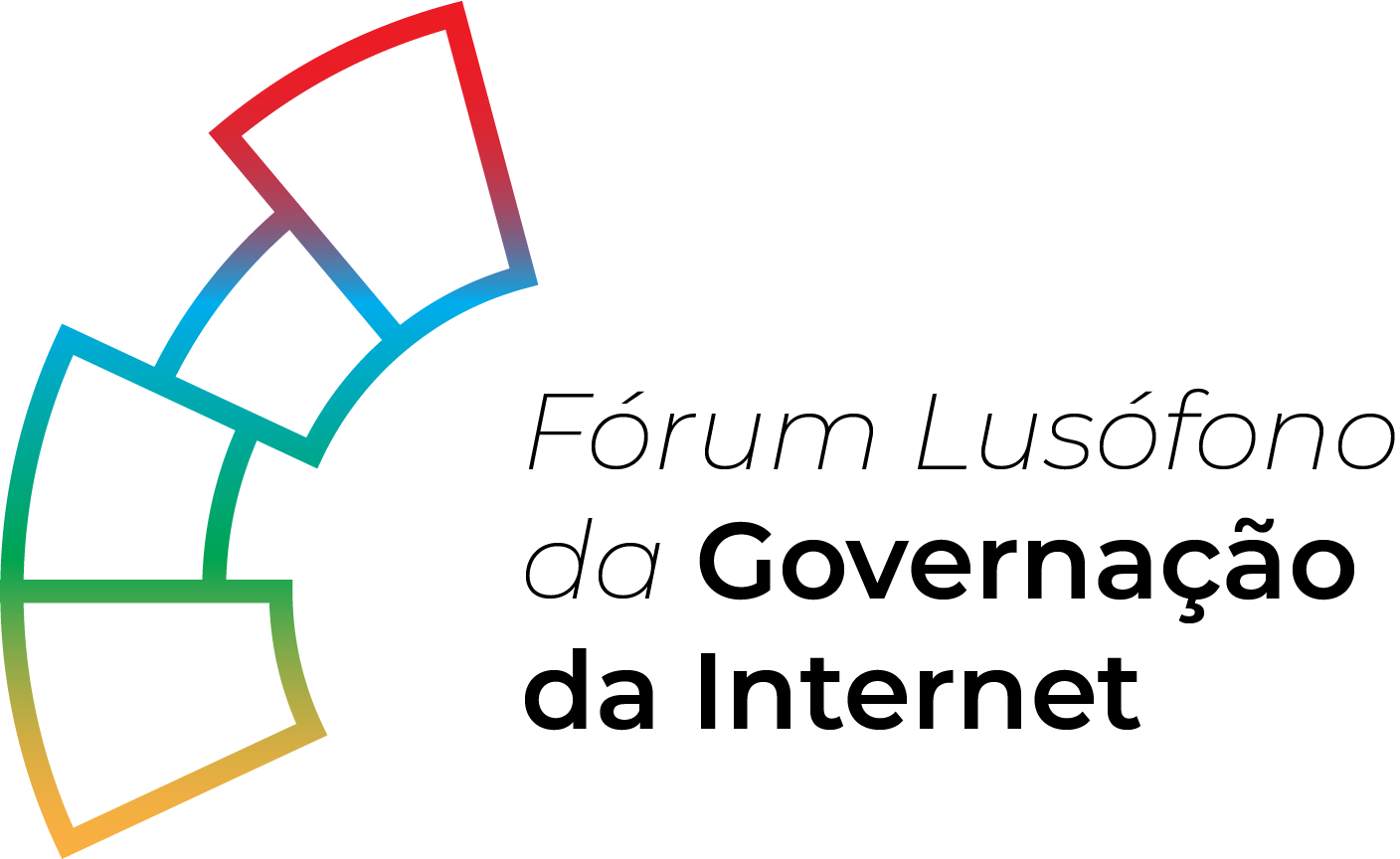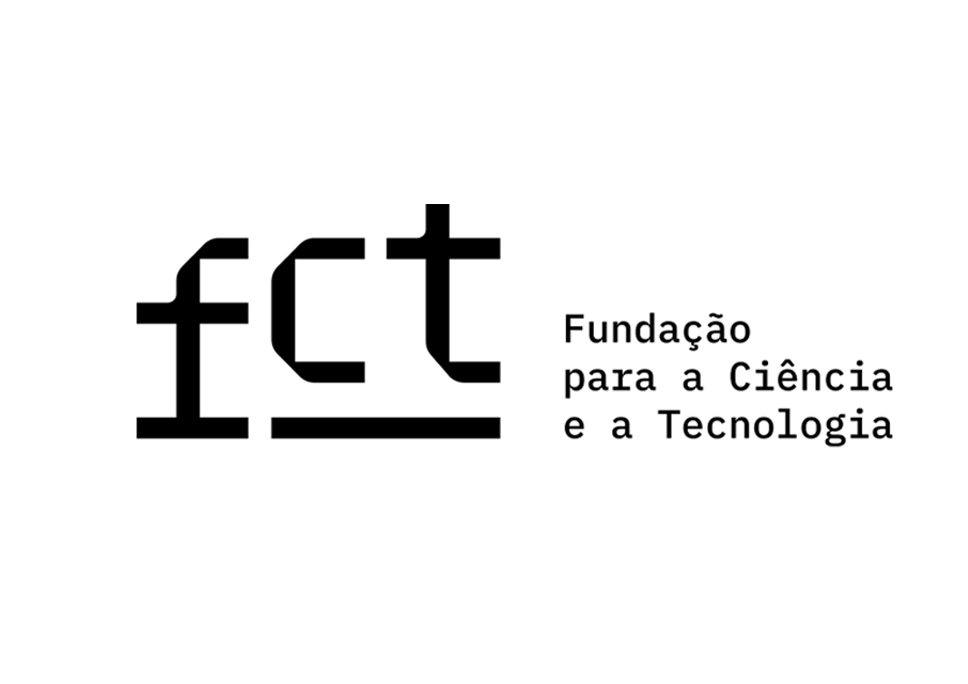Lusophone Internet Governance Forum
From our home we speak Portuguese. Our multi-territoriality is expressed through our spaces in our Portuguese language, in all its variants. Spaces for dialogue, territories for meetings. Physical spaces, social territories. Cyberspaces. We assert our domains in Portuguese. We express our knowledge and emotions in Portuguese. We navigate our multi-territoriality in Portuguese. Our Internet speaks Portuguese. We debate Internet governance models in Portuguese.
About
Building the Internet presents enormous challenges. It is a first condition that these new spaces are democratic, diverse, respect human rights and multilingual. Tread a path of respect for differences, overcoming inequalities, encouraging diversity, enabling the dream of organic solidarity in what is commonly called the Information Society: promoting sustainable and inclusive development and working so that the path itself is better for everyone.
The documents adopted at the World Summit on the Information Society (WSIS) highlight the importance of these principles:
“The Information Society is intrinsically global in nature, and national efforts must be supported by effective international and regional cooperation between governments, the private sector, civil society and other interested parties, including international financial institutions” (WSIS. Declaration of Principles of Geneva, p.60) (CMSI. Declaração de Princípios de Genebra, par, 60)
We also align ourselves with the challenges inherent to the development of the Internet,also expressed in the WSIS:
“strengthening solidarity and international cooperation aimed at enabling all countries [...] to develop ICT-based infrastructure and services that are viable and competitive nationally and internationally”
(WSIS. Tunis Agenda, article 18).
We support multistakeholder discussion platforms such as the Internet Governance Forum:
“We request the UN Secretary-General that, in an open and inclusive process, to convene, in the second quarter of 2006, a meeting of the new forum for a multistakeholder policy dialogue called the Internet Governance Forum (IGF).” (WSIS. Tunis Agenda, article 72). (CMSI. Agenda de Túnis. Artigo 72).
Above all, we pursue the imperative outlined in the NETmundial Declarationin 2014, according to which “Internet governance must respect, protect and promote cultural and linguistic diversity in all its forms”..
We also recognize the role that the Internet has for economic and social progress, especially in developing countries and less developed countries, as it is an almost infinite source of tools capable of helping to achieve the Sustainable Development Goals (United Nations General Assembly Resolution A/Res/70/1: “Transforming our world: the 2030 Agenda for Sustainable Development”).
EDITIONS
This initiative was within the scope of the IGF, which brought together countries linked by language, beyond geographic limits. We joined this group and invited others to come together to articulate and organize the Lusophone Community Internet Governance Forum, maintaining ourselves as a multisectoral initiative: business organizations, rights defense organizations, government organizations, regulatory agents, formulators public policy, technical community, academics and scientists, consumers and general users of the Internet in Portuguese. Everyone, on an equal footing, involved in the dialogue about the ethnic-cultural and technical-instrumental interfaces of a Portuguese-speaking Internet.
With the aim of spreading, deepening and qualifying the practice of multisectoralism, we sought to encourage representatives from different sectors and countries to monitor and give their opinions, share particularities and build common understandings, on issues and solutions for the consolidation and expansion of a diverse, universal, innovative Internet, which expresses the principles of freedom, privacy and human rights in Lusophone countries. And, mainly, to work towards the coordination of individual efforts of the political community of each of these countries in their insertion within the scope of the global IGF.








